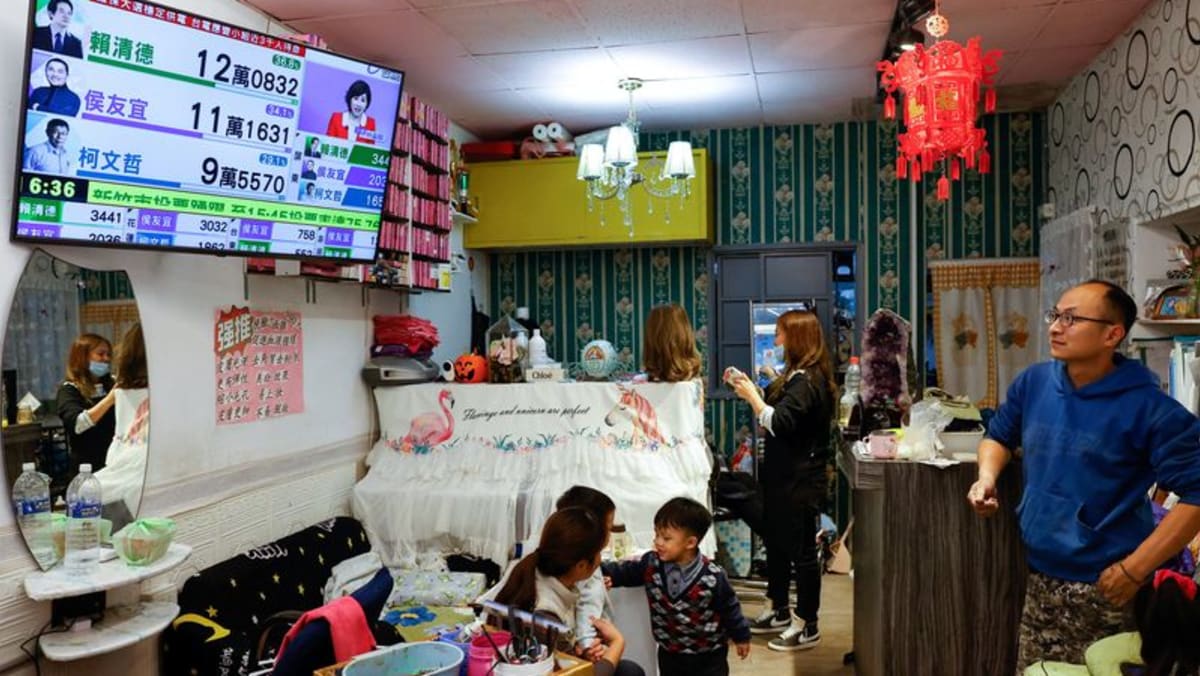China, which claims Taiwan as its own, targeted the island with a stream of disinformation ahead of its election, according to research from DoubleThink Lab.
Much of it sought to undermine faith in the incumbent Democratic Progressive Party and cast it as belligerent and likely to start a war that Taiwan couldn’t win. Other narratives targeted US support for Taiwan, arguing that America was an untrustworthy partner only interested in Taiwan’s semiconductor exports that wouldn’t support the island if it came to war with China.
Taiwan has been able to effectively respond to Chinese disinformation in part because of how seriously the threat is perceived there, according to Kenton Thibaut, a senior resident fellow and expert on Chinese disinformation at the Atlantic Council’s Digital Forensic Research Lab.
Instead of a piecemeal approach, focusing solely on media literacy, for instance, or relying only on the government to fact-check false rumours, Taiwan adopted a multifaceted approach, what Thibaut called a “whole of society response” that relied on government, independent fact-check groups and even private citizens to call out disinformation and propaganda.
In an interview with The Associated Press, Alexander Tah-Ray Yui, Taipei’s economic and cultural representative to the US, said the government has learned it must identify and debunk false information as quickly as possible in order to counter false narratives. Yui is Taiwan’s de facto ambassador to the US
“Find it early, like a tumour or cancer. Cut it before it spreads,” Yui said of foreign disinformation.
Taiwan’s civil society groups like MyGoPen and the Taiwan FactCheck Center, which received US$1 million in funding from Google, have focused on raising public awareness through debunking individual rumours that members of the public report.
The island has a strong civil society. Many of the fact-checker groups were founded by dedicated individuals, such as MyGoPen, whose founder Charles Yeh started the chatbot service because he found his relatives would get confused by online rumors. Others, like Taiwan FactCheck Center, are careful to not take government money so as to preserve their independence, said Chiu.
Media literacy on fake news and the digital environment is growing, those on the front lines say, but slowly.
“It’s like in the past when everyone dumped bottles and cans in the garbage and now they sort them, that was done through a period of societal education,” said Chiu. “Everyone needs to slowly develop this awareness, and this needs time.”
#Taiwan #beat #disinformation #preserved #integrity #election







